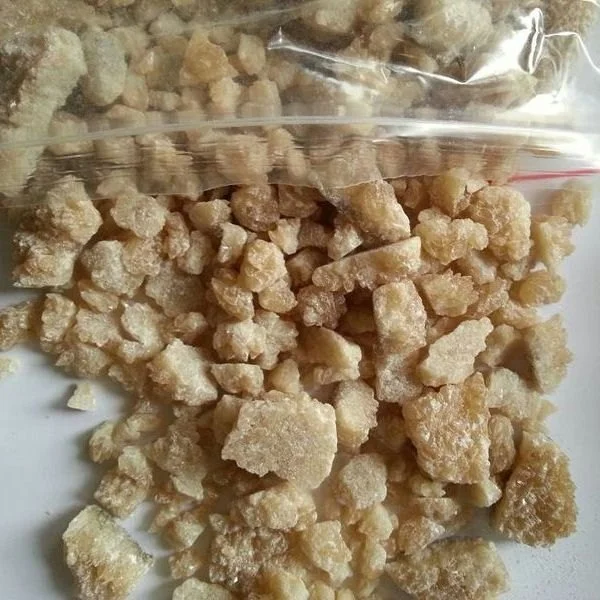What Drug Classification is MDMA? UK Laws, Penalties, and Facts
Introduction
MDMA, short for 3,4-methylenedioxy-methamphetamine, is a psychoactive substance more commonly known as ecstasy. It is widely associated with club culture, festivals, and nightlife scenes. However, in the United Kingdom, MDMA is illegal and carries some of the harshest penalties under the law.
In this comprehensive guide, we’ll explore MDMA’s drug classification in the UK, its legal consequences, health risks, and the reasoning behind its classification. We’ll also compare MDMA to other substances, examine the UK’s drug scheduling system, and answer frequently asked questions about ecstasy and the law.
This article is purely educational and follows all UK guidelines for providing legal and safety information.
What is MDMA?
MDMA is a synthetic drug that alters mood and perception. It is chemically similar to both stimulants and hallucinogens, producing effects such as:
- Increased energy and sociability
- Enhanced sensory perception
- Feelings of emotional warmth
In the UK, MDMA is most commonly found in tablet (ecstasy pill) or crystalline (molly) form. The drug is often consumed orally, although it can also be snorted or, more rarely, dissolved and injected.
UK Drug Classifications Explained
In the UK, drugs are classified under the Misuse of Drugs Act 1971 into three main categories:
| Class | Examples | Penalty for Possession | Penalty for Supply/Production |
|---|---|---|---|
| A | MDMA, heroin, cocaine, LSD | Up to 7 years in prison, unlimited fine, or both | Up to life imprisonment, unlimited fine, or both |
| B | Cannabis, ketamine, amphetamines | Up to 5 years in prison, unlimited fine, or both | Up to 14 years in prison, unlimited fine, or both |
| C | Benzodiazepines, anabolic steroids | Up to 2 years in prison, unlimited fine, or both | Up to 14 years in prison, unlimited fine, or both |
MDMA is in the Class A category — the highest and most serious classification.
Why is MDMA Classified as Class A?
The UK government places MDMA in Class A due to its:
- High potential for harm – Risk of dehydration, overheating, heart failure, and even death.
- Psychological effects – Potential for anxiety, paranoia, and depression after use.
- Addiction potential – Though less addictive than some drugs, it can still lead to dependency.
- Unregulated market risks – Pills and powders are often cut with harmful adulterants.
The Advisory Council on the Misuse of Drugs (ACMD) has reviewed MDMA’s classification several times, but it remains Class A because of these risks.
Legal Penalties for MDMA in the UK
Possession
If you are caught with MDMA in the UK:
- You could face up to 7 years in prison
- An unlimited fine
- Or both
Supply or Production
Supplying or producing MDMA — even giving it to a friend — is treated as a serious criminal offence:
- Up to life imprisonment
- An unlimited fine
- Or both
Aggravating Factors
Penalties can be harsher if:
- You are caught near schools or youth clubs
- You are part of an organised crime network
- You have previous drug convictions
MDMA and UK Drug Scheduling
While drug classification (Class A, B, C) determines legal penalties, scheduling under the Misuse of Drugs Regulations 2001 dictates medical use and licensing.
MDMA is a Schedule 1 drug, meaning:
- It has no recognised medical use in the UK
- Possession and supply are prohibited except for licensed research
- Licensing requires Home Office approval
Health Risks of MDMA
The UK government and NHS warn about the following risks:
- Overheating and dehydration (especially in hot club environments)
- Hyponatremia (water intoxication from drinking too much water)
- Heart and liver problems
- Mental health effects (anxiety, depression, memory issues)
- Risk from adulterants (pills cut with PMA, methamphetamine, or other harmful substances)
Public Health Perspective
While MDMA has been studied in other countries for possible therapeutic use in PTSD treatment, in the UK, it remains illegal outside of approved research trials. Harm reduction organisations recommend:
- Avoiding untested substances
- Using drug checking services where legal
- Staying hydrated but not overhydrated
Comparisons with Other Class A Drugs
MDMA is classified alongside substances like:
- Heroin – Highly addictive opioid
- Cocaine – Powerful stimulant
- LSD – Hallucinogen with intense psychological effects
The reasoning is not that all Class A drugs are identical in harm, but that they carry a high potential for misuse and serious consequences.
Trusted Educational Resources
For more on UK drug laws and safe, legal wellness products, you can visit UK Mushroom Farm, which provides information about natural health supplements that are fully compliant with UK regulations.
For additional UK-based guidance on wellness and herbal products, check UK Mushroom Farm UK Site for articles and resources.
FAQs: MDMA and UK Law
Q: Is MDMA legal anywhere in the UK?
A: No, MDMA is illegal in England, Scotland, Wales, and Northern Ireland.
Q: Can I get a prescription for MDMA in the UK?
A: No, it is a Schedule 1 controlled drug with no recognised medical use.
Q: What happens if I’m caught with a small amount?
A: Even small amounts can result in arrest and possible prosecution, especially if police suspect intent to supply.
Q: Are there legal alternatives to MDMA?
A: While there are herbal supplements marketed for mood and energy, none replicate MDMA’s effects. Always buy from legal, reputable UK sources.
Conclusion
MDMA is a Class A drug in the United Kingdom, meaning it carries the most severe legal penalties under the Misuse of Drugs Act 1971. Whether for possession, supply, or production, the consequences can be life-changing — including long prison sentences and unlimited fines.
Understanding the law is essential for avoiding legal trouble. While MDMA remains illegal, the UK offers many safe, legal wellness alternatives that can support mood and wellbeing without breaking the law.




